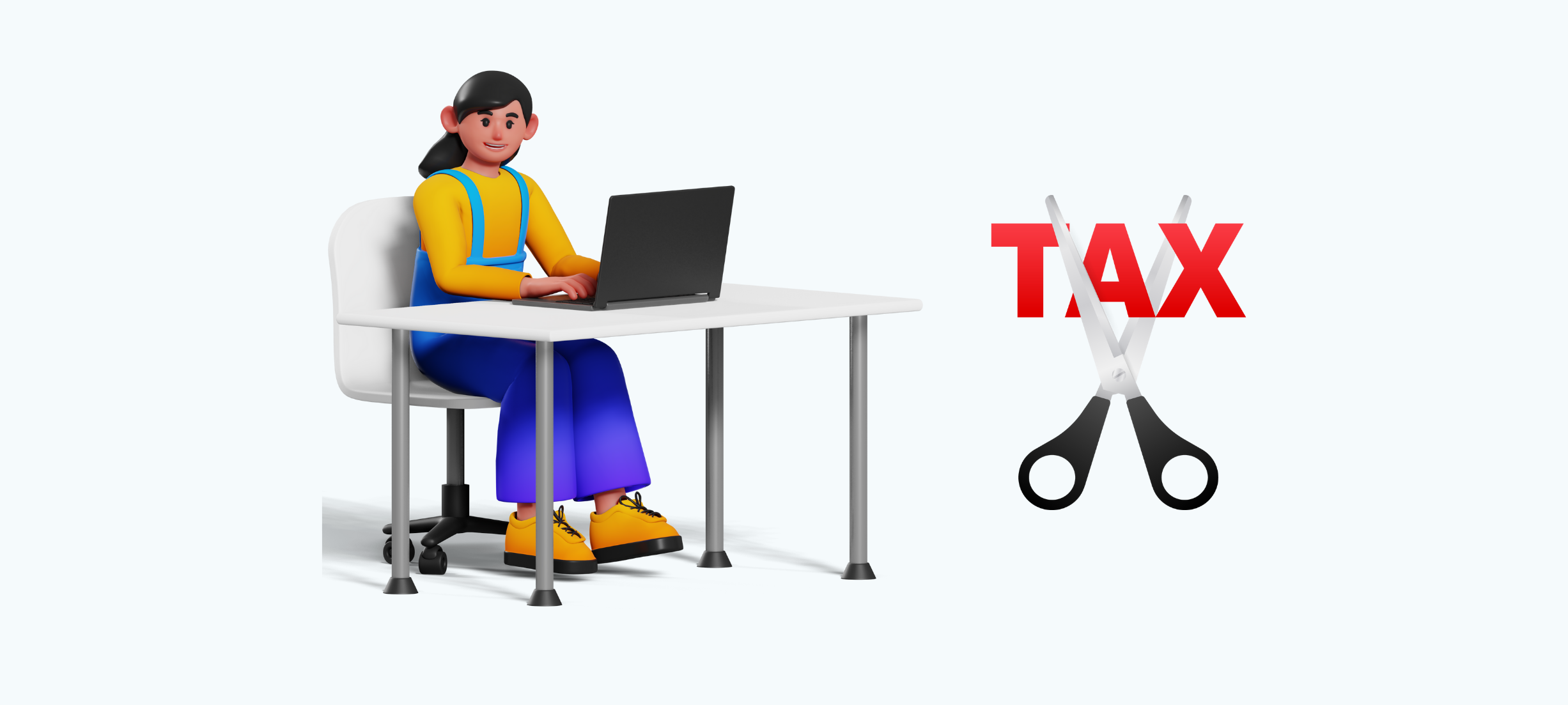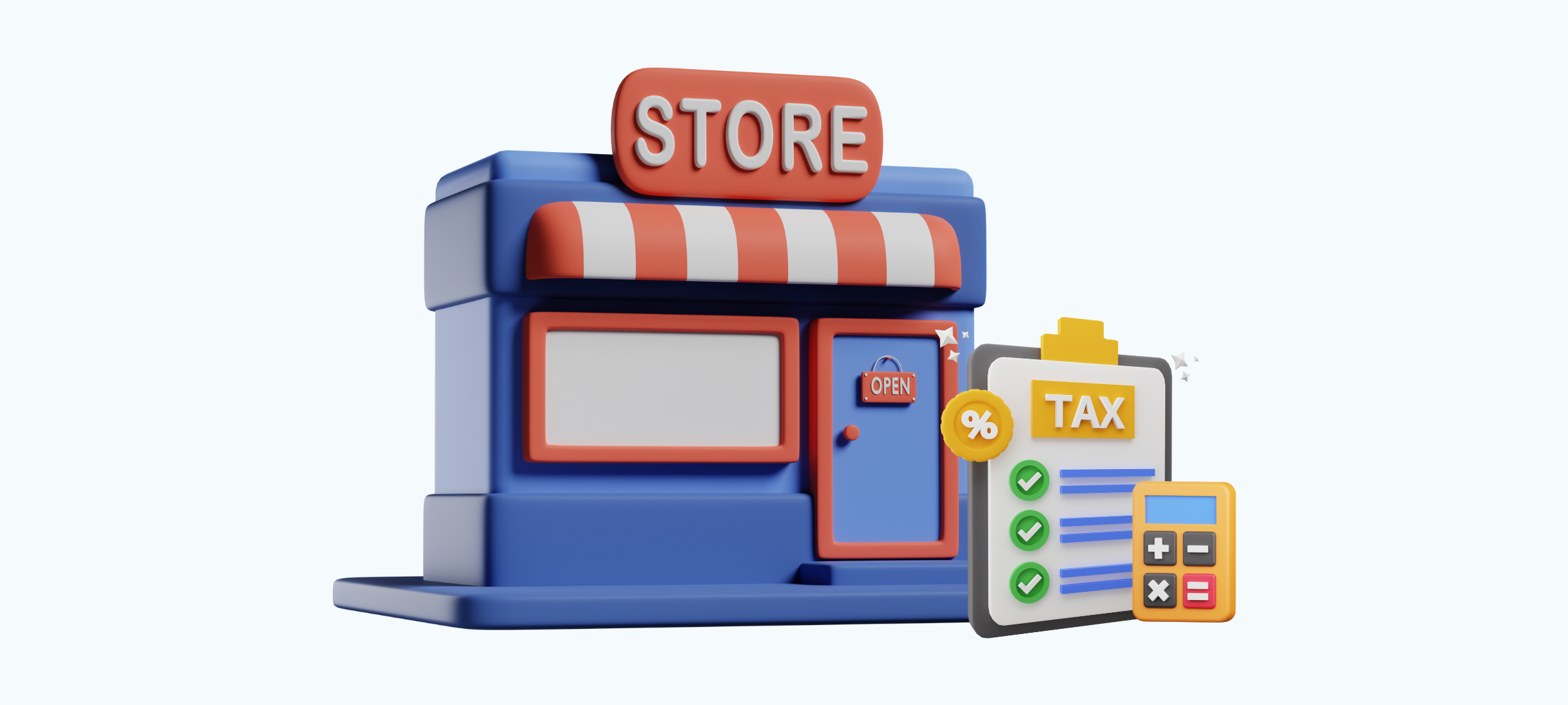
Every other person thinks that running a successful business on Amazon is as simple as listing some products and filling orders. The truth is far from that. To really run an Amazon business successfully requires a big deal of accounting. Accounting helps manage finances, optimize the profits that one makes, and ensures compliance with tax regulations. Good accounting provides a clear view of your business health, reduces risks, and ultimately boosts profitability. In this blog post, we shall discuss three key strategies for mastering Amazon seller accounting for sustainable success.
Are any of these issues familiar to you?
If so, you’re not alone. We hear these challenges from Amazon sellers every day. The good news? With the right accounting practices, these issues can be managed effectively, helping you get control over your finances and focus on growing your business.
Go beyond basic number-crunching to create an effective accounting system that offers valuable benefits for tracking and managing your Amazon business. Here are five benefits to take advantage of in handling your Amazon seller accounting right.
More save on tax: Proper recording of expense, revenue, and deductions will make sure that you'll be able to pay less in legally enforcing tax amounts-meaning more dough at the end of your hard work.
Be more profitable: In financial data, you can easily track and improve profit margins to ensure that you are getting maximum returns on your investment.
Take less risk: With this kind of detailed and accurate record-keeping, you have much lesser risk than audits and penalties; however, it will also save you from costly mistakes.
Better financial visibility: Being in a better position to know how your cash flows in and out, what profit margins and expenses are at, helps you plan better for the future.
More accurate decisions: You make more informed decisions with accurate, up-to-date financial data. This helps you to scale, price competitively, and resource-appropriately.

For you to create a strong foundation for your Amazon business, attention needs to be paid to these three fundamental aspects of accounting:
Sales data tracking is important as it gives an understanding of the primary revenue streams and profit margins. For Amazon sellers, such sales data would include gross sales, refunds, returns, fees, and discounts. With so many types of fees that are accrued for Amazon-from referral fees to fulfillment fees-it's very easy to lose a transaction or misreport it. You could connect the accounting software with Amazon to make it easier and clear for you regarding the sales figures, to track business growth.
Inventory and COGS are two of the most important elements in accounting for Amazon. COGS always relates to either the cost of products you either manufacture or buy before selling, and this always has a direct impact on your profitability. For you to ensure that your financial statements contain a true representation of profitability, you must have records of every item in the inventory and calculate your COGS correctly. An appropriate inventory management system can make it easier to track your COGS by automatically calculating purchases, sales, and movements in the stock. Proper inventory and COGS will help you avoid stockouts or overstocking while maintaining the balance with your cash flow to its optima.
Sales tax compliance is perhaps among the most difficult aspects of Amazon seller accounting. Sales tax rules vary significantly depending on what state you're selling in, and failing to comply can often include penalties. The marketplace facilitators at Amazon collect and remit sales tax for many sellers, but in some states, you have to collect and remit sales tax independently. Employ accounting software with integrated tax compliance features or use a dedicated sales tax tool to ensure the automatic management of multi-state taxes. This not only reduces errors but also keeps you compliant.
It can be overwhelming to do the bookkeeping, but if you practice it by the best standards, it will make it easier, and you will know that your records will be complete and accurate. Here are five tips effective in bookkeeping for sellers on Amazon:
1. Automate where possible: Leverage software that integrates with Amazon, fully automating data entry, categorization, and reconciliation. Automation cuts down manual errors and frees up time for you to focus on other aspects of your business.
2. Accurate accounts reconciliation on a periodic basis: Always reconcile your accounts to highlight inconsistencies between bank accounts, sales reports, and inventory. Set up your accounting system for regular reconciliations at least monthly or bi-monthly to address errors on time and keep the records exact.
To keep track of every kind of expense undertaken by the business, all costs must be documented, including supplies and shipping to Amazon fees and marketing costs. All this is quite important for filing taxes but helps in determining which areas costs can be cut in.
3. Separate your business and personal checking: A separate business checking account helps to have things easy to track, so accounting is never complicated and accurately analyzed to gauge performance. It also gets the tricky accounting job mixed up with personal and business accounts, which complicates accounting and makes it cumbersome to analyze your performance and may even create tax issues.
4. Keep current on Amazon's policies and fees: Amazon frequently updates its policies and fees, so your bottom line may change with time. Learn from this site to ensure you know how they are updating their policies and adjust your pricing strategy.
Through this blog, you'll learn those basic tips to build a solid accounting foundation for your Amazon business, giving clear and reliable financial insights. Having these basics covered with the right tools in hand, you're all set to keep your finances on track.
That's it! You now successfully go on your Amazon Business Accounting mastery journey. Remain organized; remain profitable; and let your business flourish!
If you ever find yourself in a position where you need high-level Amazon accounting assistance, BookkeeperLive is here to help. We handle the numbers so you can spend your time growing your business!
1. What taxes do Amazon sellers need to pay?
The specific taxes you need to pay depend on your business structure, location, and sales volume. Common taxes include:
2. How do I calculate sales tax for Amazon FBA sales?
Amazon calculates and collects sales tax on your behalf for FBA orders. However, you are responsible for filing and paying sales tax returns in the states where you have nexus.
3. How can I analyze my Amazon financial data?
Use financial analysis tools to:
BookkeeperLive provides affordable bookkeeping and accounting services tailored to your business goals.





No calls, No meetings, No spam. Get started with a free trial by filling out the form.
*NDA included for your data protection.
Copyright © 2025 BookkeeperLive. All rights reserved. Privacy Policy Terms of Use
Please visit our India site to see services designed for your country
Enter the code, fill out the form, and unlock financial clarity with a free trial.